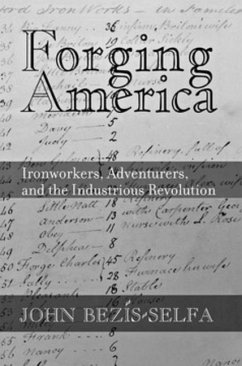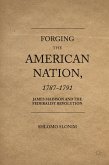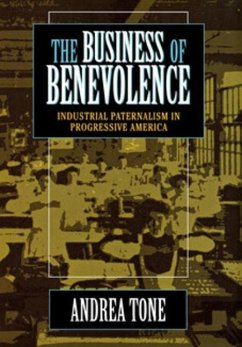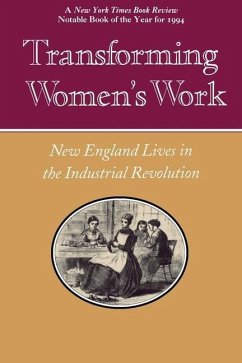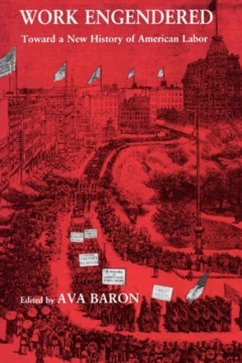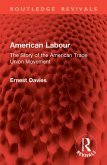Stacks of stone preside over many bucolic and wooded landscapes in the mid-Atlantic states. Initially constructed more than two hundred years ago, they housed blast furnaces that converted rock and wood into the iron that enabled the United States to secure its national independence. By the eve of the Revolutionary War, furnaces and forges in the American colonies turned out one-seventh of the world's iron.
Forging America illuminates the fate of labor in an era when industry, manhood, and independence began to take on new and highly charged meanings. John Bezís-Selfa argues that the iron industry, with its early concentrations of capital and labor, reveals the close links between industrial and political revolution. Through means ranging from religious exhortation to force, ironmasters encouraged or compelled workers-free, indentured, and enslaved-to adopt new work styles and standards of personal industry.
Eighteenth-century revolutionary rhetoric hastened the demise of indentured servitude, however, and national independence reinforced the legal status of slavery and increasingly defined manual labor as "dependent" and racially coded. Bezís-Selfa highlights the importance of slave labor to early American industrial development. Research in documents from the seventeenth, eighteenth, and early nineteenth centuries led Bezís-Selfa to accounts of the labor of African-Americans, indentured servants, new immigrants, and others. Their stories inform his highly readable narrative of more than two hundred years of American history.
Forging America illuminates the fate of labor in an era when industry, manhood, and independence began to take on new and highly charged meanings. John Bezís-Selfa argues that the iron industry, with its early concentrations of capital and labor, reveals the close links between industrial and political revolution. Through means ranging from religious exhortation to force, ironmasters encouraged or compelled workers-free, indentured, and enslaved-to adopt new work styles and standards of personal industry.
Eighteenth-century revolutionary rhetoric hastened the demise of indentured servitude, however, and national independence reinforced the legal status of slavery and increasingly defined manual labor as "dependent" and racially coded. Bezís-Selfa highlights the importance of slave labor to early American industrial development. Research in documents from the seventeenth, eighteenth, and early nineteenth centuries led Bezís-Selfa to accounts of the labor of African-Americans, indentured servants, new immigrants, and others. Their stories inform his highly readable narrative of more than two hundred years of American history.
Dieser Download kann aus rechtlichen Gründen nur mit Rechnungsadresse in A, D ausgeliefert werden.

